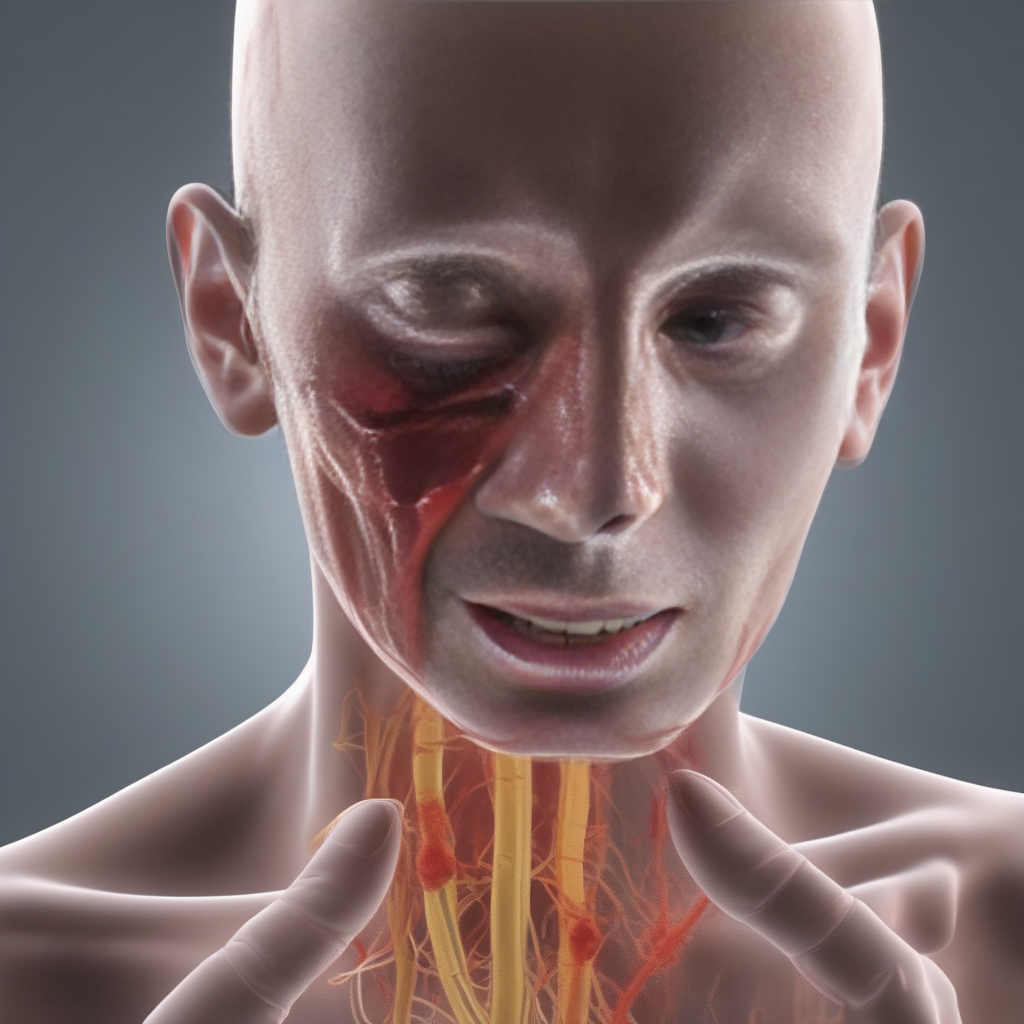Sickness refers to a state of being unwell or afflicted with a physical or mental disorder. It is a condition that disrupts the normal functioning of the body or mind and causes discomfort, pain, or distress. Sickness can manifest in various forms such as the common cold, flu, allergies, chronic diseases, mental illnesses, or even life-threatening conditions.
Physical sickness often includes symptoms like fever, cough, weakness, fatigue, nausea, vomiting, diarrhea, or body aches. It can be caused by infections from bacteria, viruses, fungi, or parasites, as well as by factors like poor hygiene, lifestyle habits, genetic predisposition, or environmental conditions. In many cases, proper rest, hydration, and over-the-counter medications can help alleviate symptoms and aid in recovery from minor illnesses. However, some sicknesses require medical intervention, including prescription medications, surgeries, or specialized treatments.
Mental sickness, on the other hand, refers to conditions that affect a person’s thoughts, emotions, behavior, or overall mental well-being. Examples of mental illnesses include anxiety disorders, depression, bipolar disorder, schizophrenia, eating disorders, or post-traumatic stress disorder (PTSD). These conditions can significantly impact an individual’s daily life, relationships, and overall quality of life. Treatment for mental illnesses often involves a combination of therapy, counseling, medication, and lifestyle modifications to manage symptoms and support recovery.
Overall, sickness is a natural part of the human experience, and most people will encounter various illnesses throughout their lives. While sickness can bring discomfort and challenges, it is also an opportunity for self-care, seeking medical help, and finding support from loved ones. It reminds us to prioritize our health, take preventive measures, and appreciate the gift of well-being when we are fortunate enough to have it.
